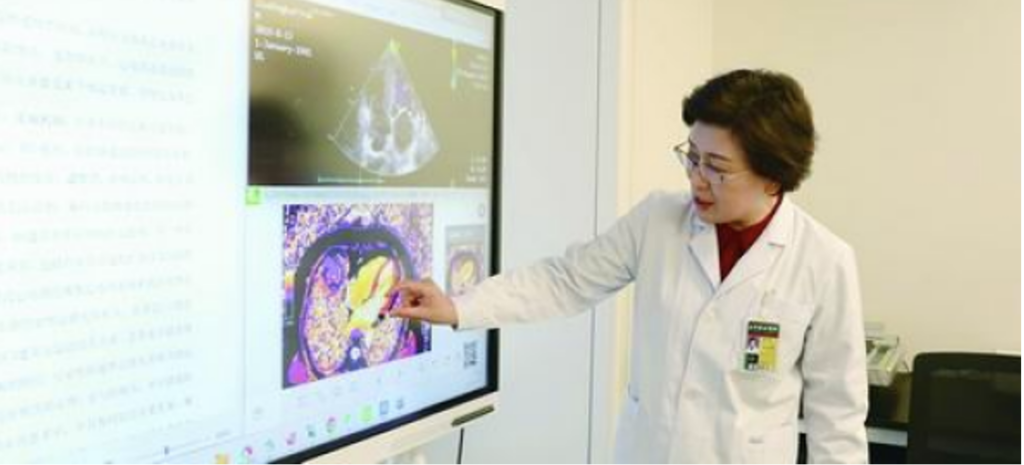https://www.cas.cn/cm/202502/t20250220_5047569.shtml
Peking Union Medical College Hospital has announced that “Union·Taichu”, a rare disease large model, was put into use. It was jointly developed by Peking Union Medical College Hospital and the CAS Institute of Automation.
According to Zhang Shuyang, president of Peking Union Medical College Hospital, the model is based on the accumulation of rare disease knowledge base in the hospital for many years and the genetic testing data of the Chinese population. It is the first rare disease large model in the world that meets the characteristics of the Chinese population, and it is also the first AI large model in the field of rare diseases in the country. It can help doctors identify and diagnose rare diseases more accurately and quickly, and further shorten the diagnosis time.
The research team has developed technologies such as active perception interaction, differential diagnosis, and “data + knowledge” hybrid drive, and successfully introduced the deep reasoning ability of DeepSeek-R1 to build an intelligent base for the diagnosis and treatment of rare diseases, so that the model has three core advantages: decision logic conforming to the clinical thinking paradigm, suppression of AI hallucinations, and autonomous knowledge iteration.
Excellent AI models require massive data training, but rare disease cases are scattered and data is scarce, making it difficult for traditional AI models to obtain effective training. In response to this, the research team innovated the technical path and adopted a very small sample cold start method. Only a small amount of data and medical knowledge can be integrated to achieve auxiliary decision-making functions covering the entire process. At the same time, the model evaluates the diagnosis and treatment process through interactive records with patients, realizes the active update and evolution of decision-driven data, and forms a closed loop of “clinical use-data feedback-model iteration”.


